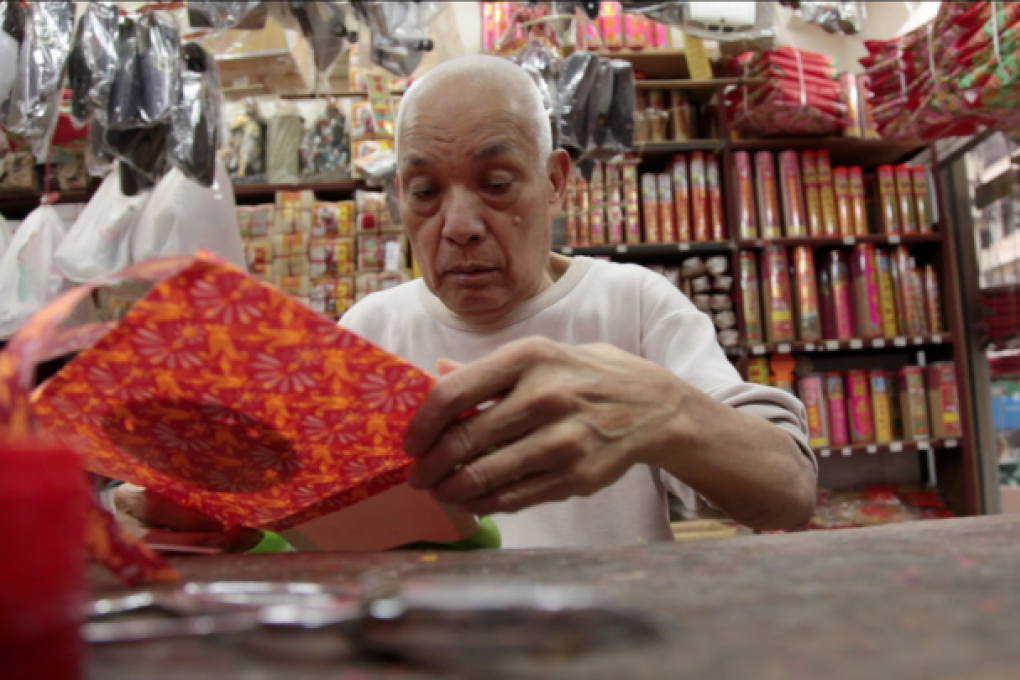Talking to the dead: the art of making Taoist paper effigies
In the third episode of our Uniquely Hong Kong series, a design graduate tells of his decision to take up his father’s craft of making Taoist paper effigies used to communicate with the dead.

In the third episode of our Uniquely Hong Kong series, a design graduate tells of his decision to take up his father’s craft of making Taoist paper effigies used to communicate with the dead
Few young people in Hong Kong today opt to pursue careers in traditional crafts – particularly those in which it is hard to make money.
But 32-year-old Au-yeung Ping-chi is an exception. He has followed in his father’s footsteps and mastered the difficult art of making taoist paper effigies for those mourning the dead.
The burning of joss paper is common in traditional Chinese religion – particularly Taoism. The practice is said to ensure the dead are provided for in the afterlife. Paper money or effigies are used to imitate the appearance of objects used by the living. Burning joss paper occurs at Chinese temples, crematoria, grave sites and other places of Taoist worship. Joss paper accessories are often burnt during the “Ching Ming” (or “grave-sweeping”) festival, which on April 4 this year.
Ping-chi’s father Au-yeung Wai-kin, 75, founded Bo Wah Effigies in Sham Shui Po in the 1960s. Their shop is filled with joss paper accessories, or “zi zaat” which are burnt along with the joss paper. “Zi zaat” are traditional gold, money and servant effigies. In recent years, they have also included modern items such as smartphones, laptops and electric guitars.
Although making paper effigies is an “old craft”, innovation is vital. “People now ask for extravagant things,” said Wai-kin. “One time, a customer asked for a fishing rod complete with a moving reel and a fishing line. My son was the only effigy-crafting master in Hong Kong who dared to take on the request. I couldn’t do it myself,” he says.
Ping-chi, who is Wai-kin’s youngest son, started in the business after graduating from university. Initially unable to find a job, he has worked with his father ever since. He uses skills learned doing a degree in design to produce crafts which really impress the older man. “It was very hard at first. I didn’t know how to do any of this, so I just started experimenting – different techniques and materials,” Ping-chi says.
